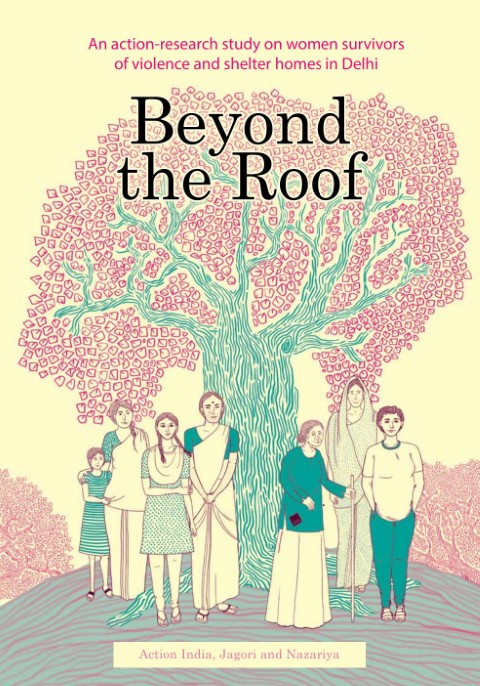This couplet is a testament to a woman’s agency, her choice to not endure violence and abuse. It is this voice of resistance that this research set out to find and share, among other ambitious aims. Our pragmatic aim has been to add to the body of feminist knowledge on the status and conditions of survivors of violence in shelter homes for “women in distress” (this term is victimizing and disempowering but because it is the Indian State’s expression to refer to a certain type of institution, it is used here in relation to those establishments). We have tried to gather first-hand accounts of diverse survivors and their experiences, from admission to a shelter home to rehabilitation and reintegration, as well as the links between shelter homes and service providers and the challenges for staff and management of the shelter homes. It also attempts to archive the histories of shelter homes for women in Delhi through a timeline that creates a useful resource for other researchers and activists.
Another prominent aim of this action research exercise is to give itself an “afterlife”—that is, to start and sustain empowering programs for survivors of violence and the staff in shelter homes. The organizations that were a part of this action research in Delhi have mobilized conversations and built momentum on issues in and
around survivors and shelter homes. Even though we could not cover as large a span of survivors’ voices and shelter homes as we had hoped, the contacts we have made should help build bridges for the next round of work—advocacy and collaboration between women’s rights and feminist organizations, networks working with survivors, local community groups, shelter home staff and residents.



